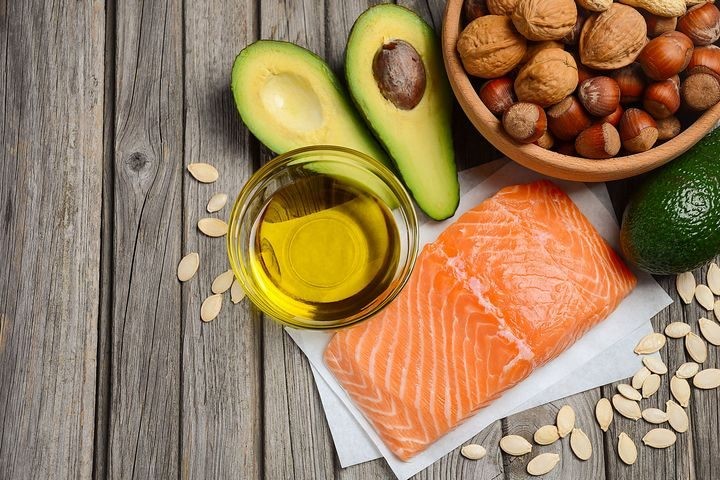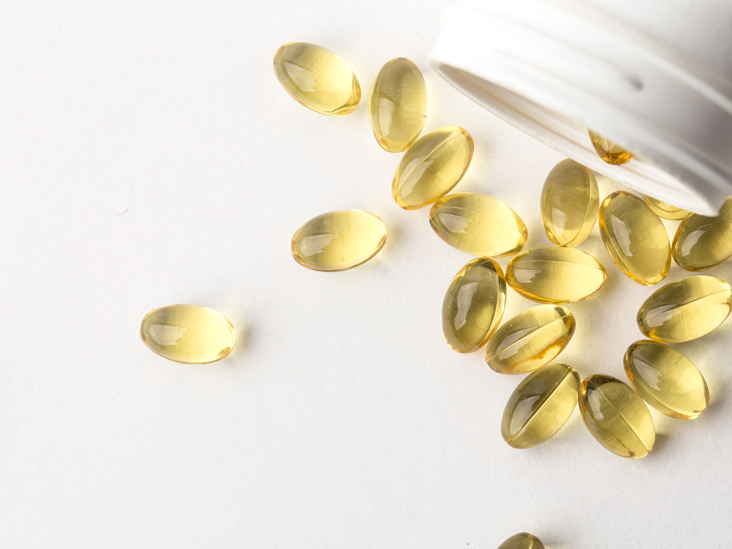digestive health
Is Gluten-Free Food Tax Deductible?
Published
4 years agoon

If a doctor says you have celiac disease, the difference in price between gluten-free and regular food can be deducted from your taxes. Shipping costs of gluten-free purchases made online are also covered.
Since a recent study showed that gluten-free foods cost almost two and a half times as much as normal food, you should make use of every bit of savings you can find. It also makes a person wonder if these inflated prices are just price-gouging by food companies that are taking advantage of people who would become sicker if they didn’t have these alternatives, or of people who buy gluten-free just to be trendy.
It’s estimated that of the 3 million Americans with celiac disease, an autoimmune disease triggered by exposure to gluten – a protein component of wheat, barley, and rye – only 3% have been diagnosed. The good news for celiac patients who have been diagnosed is that the treatment for their condition is simple and doesn’t require the ingestion of drugs – a gluten-free diet. Unfortunately, celiac patients must deal with several challenges in maintaining a diet free of gluten, specifically the expenses involved. Compared with “regular” gluten-containing foods, gluten-free alternatives are more expensive. In fact, a study has indicated that gluten-free foods cost more than double their gluten-containing counterparts.
In a study by the Dalhousie Medical School at Dalhousie University in Halifax, Nova Scotia, prices were compared between food products labeled as “gluten-free” with comparable gluten-containing food products at two large-sized chain grocery stores. Unit prices of the food items in dollars per 100 grams were calculated for this purpose. According to the study, all the 56 gluten-free products were more expensive than their corresponding products. The average unit price for gluten-free products was found to be $1.71, compared with $0.61 for the gluten-containing products. This means that gluten-free products were 242% more expensive than gluten-containing items.
Fortunately, celiac patients can receive tax deductions for certain expenses related with their gluten-free diet. To receive these benefits, celiacs must provide a doctor’s note confirming their celiac diagnosis and save their receipts for all their gluten-free foods and other products they purchase. The difference between the prices of gluten-free items compared to those of regular items is tax-deductible. Products that don’t have a gluten-containing counterpart, such as xanthan gum and sorghum flour, are totally tax-deductible. Shipping costs for online orders of gluten-free items are also tax-deductible. In order to file your claim, you should fill out a 1049 schedule A for medical deductions. For more information, contact a qualified accountant. And for more tips, read on.
You may like

As if aging isn’t a big enough problem on its own – grey hair, wrinkles, memory and all the health problems we read about every day – don’t forget that digestive issues can be high on that list too. Ulcers, diverticulosis, and mouth problems tend to increase as we age.
Heartburn can happen at any age, but it’s more common in the elderly, as the body slows down. And so are lack of exercise, fibre, and water intake, while older people also tend to take more drugs and are heavier than is healthy.
Digestive Health Disorders
Getting older has pluses and minuses. On the plus side, you get more time to relax and enjoy life. On the minus side lie many health challenges — including an increase in digestive health disorders. Of course, problems with digestion can occur at any age. Yet nearly 40% of older adults have one or more age-related digestive symptom each year.
Here’s an overview of common digestive health problems that may arise with age. Learn why they occur and what you can do to keep your digestive system running smoothly well into your later years.
Digestive Problems as You Age
Constipation
One of the most common things we see, certainly as people are getting into their 60s and 70s, may be a change in bowel habits, predominantly more constipation,” says Ira Hanan, MD, associate professor of medicine at the University of Chicago Medical Center. Symptoms include difficult or painful bowel movements, infrequent bowel movements, and hard, dry stool. There are a number of age-related factors that can cause constipation in older adults.
Changes in the digestive system
Your digestive system moves food through your body by a series of muscle contractions. Just like squeezing a toothpaste tube, these contractions push food along your digestive tract, Hanan says. As we age, this process sometimes slows down, and this can cause food to move more slowly through the colon. When things slow down, more water gets absorbed from food waste, which can cause constipation.
Medication use
Older adults take a lot of medications, says Ellen Stein, MD, an assistant professor of medicine at Johns Hopkins Hospital in Baltimore, MD. And as we age, we start to have more health problems that require medications. Several common medications can cause constipation.
One example is calcium channel blockers, used for high blood pressure. “Very good for blood pressure, very constipation causing,” says Stein. Narcotic pain relievers are another common culprit. An older adult who has knee or hip replacement surgery will often be given narcotics for pain. “Narcotics have effects directly on the bowel,” Stein tells Web MD. “They actually slow the gut.”
Inactivity
People often become less active as they age, says Stein, and being inactive can make you constipated. Bed rest during an illness can cause real problems. If a person has joint-replacement surgery, for example, it takes time to recover and be fully active again. Add narcotic pain relievers to the mix, and “that might change manageable constipation into something that’s much more of a problem,

New findings from Australia show just how important fiber is in helping antioxidants do their job. If it weren’t for the fiber, which binds and protects the antioxidants in fruit and vegetables, those antioxidants would never make it to the colon, where they can help to protect against colon cancer.
And note that if you like juicing, if you throw away the pulp, which contains all the fiber, that means you’re throwing away the antioxidants too. So it’s good to take the pulp that’s left behind and make it into a bread or cake. That’s the only way you can get all the benefits from the fruit.
Fiber protects the colon from cancer
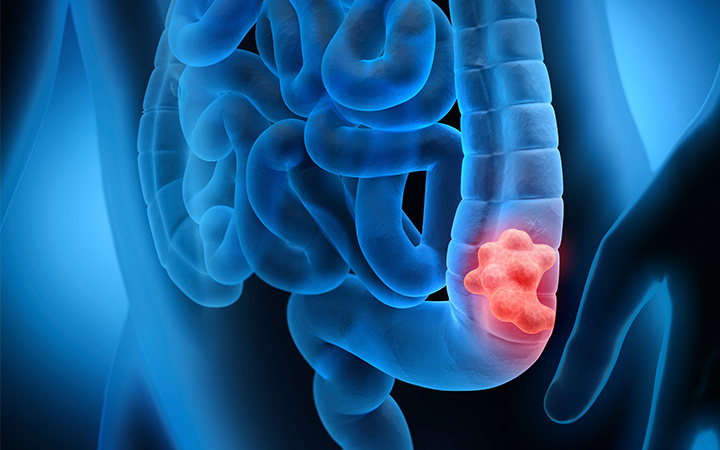
Fiber not only works as a “bowel scourer”, but may also help to protect the colon from cancer by transporting antioxidants to the large bowel, new Queensland research has found.
The world-first study discovered that fiber binds up to 80 percent of cancer-inhibiting antioxidant polyphenols in fruit and vegetables, thereby protecting the antioxidants from early digestion in the stomach and small intestine.
Dr Anneline Padayachee

Dr. Anneline Padayachee, who undertook the study through The University of Queensland (UQ) and CSIRO, found that fiber acts as an antioxidant trafficker by safely transporting antioxidant nutrients to the colon where they can provide protection against cancers such as colon cancer.
Dr Padayachee said
“Cells in fruits and vegetables are “opened” allowing nutrients to be released when they are juiced, pureed or chewed,”
“In an unexpected twist, I found that after being released from the cell 80 percent of available antioxidant polyphenols bind to plant fiber with minimal release during the stomach and small intestinal phases of digestion.
Effectively transport polyphenols
“Fibre is able to safely and effectively transport polyphenols to the colon where these compounds may have a protective effect on colon health as they are released during plant fiber fermentation by gut bacteria.”
This finding also has implications for fresh juice lovers who are throwing out antioxidants along with the fibre-rich pulp they discard.
“In juicing, the fibrous pulp is usually discarded, which means you miss out on the health benefits of these antioxidants as well as the fiber,” Dr. Padayachee said.
“As long as you consume everything – the raw or cooked whole vegetable or fruit, drink mainly cloudy juices and eat the fibrous pulp – you will not only have a clean gut, but also a healthy gut full of protective polyphenols.”
Dr Padayachee used black carrots, which are rich in two antioxidant polyphenols – anthocyanins and phenolic acids – as a model system in her research to assess why plant-based diets generally result in better

What’s commonly referred to as stomach pain usually means pain caused by any organ in the abdomen. And since they have different reasons for being painful, it’s important to understand all the things that can go wrong, and how to prevent or cure them.
Describe pain originating
While pain in the stomach or abdominal area can arise from the tissues of the abdominal wall, such as skin and abdominal muscles, the term abdominal pain, in general, is used to describe pain originating from organs within the abdominal cavity.
These organs include the stomach, small intestine, colon, liver, gallbladder, and pancreas. Occasionally pain may be felt in the abdomen even though it is arising from organs that are close to but not within the abdominal cavity. For example, the lower lungs, the kidneys, and the uterus or ovaries. Let’s find out what they signify…
– Inflammation (appendicitis or colitis)

– Stretching or istension of an organ, blockage of a bile duct by gallstones or swelling of the liver with hepatitis
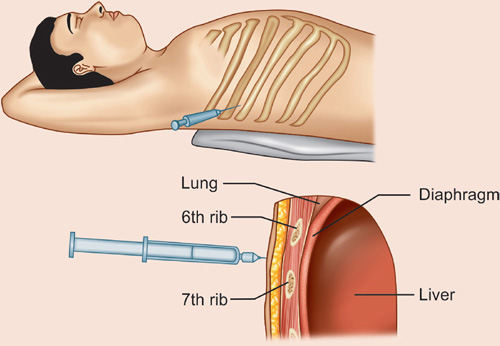
– Loss of the supply of blood to an organ

– Irritable Bowel Syndrome
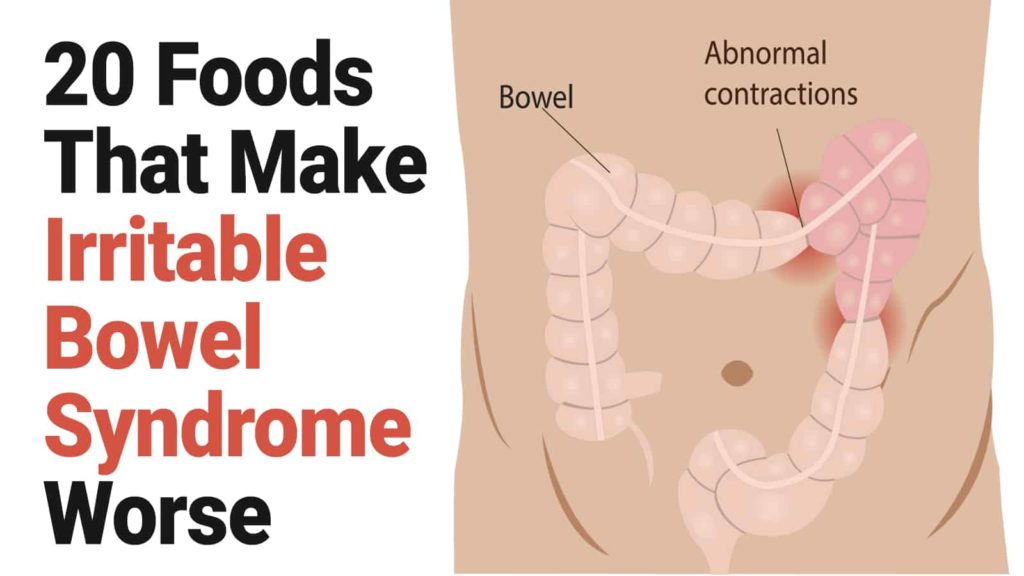
When seeing a doctor remember to give him the exact location of where the pain first started and what is the severity of the pain. Also mention how frequent they are and whether they increase or decrease after meals.
Acute pain post meals
They are mostly due to excessive gas in your digestive system. They can be treated easily using over-the-counter medications. It may also signify an ulcer.
Everyone passes gas on a daily basis, but sometimes gas pains might be mistaken for gallstones and heart disease.
Causes
It may happen due to swallowing air when you eat or drink, or certain ingredients in foods that cause the formation of gases when they interact with bacteria in the colon, like dals, dairy products, whole grains, and pulses.
Common food elements that cause gas formation include sugars, starches, and fiber, according to the National Digestive Diseases Information Clearinghouse.
How to avoid it…
– Eat small meals often, do not overeat.
– Eat slowly and chew your food properly
– Don’t eat when you’re in a hurry, upset or anxious because stress can interfere with your digestive system
Trending

 digestive health4 years ago
digestive health4 years agoRelationship Between Fiber And Antioxidants

 Health4 years ago
Health4 years agoBest & Simple Core Strengthening Exercises That You Have to Do At Home

 Health4 years ago
Health4 years agoExercises To Strengthen Knees – Know Before You Go!

 digestive health4 years ago
digestive health4 years agoThe Digestive System Explained

 Fish Oil4 years ago
Fish Oil4 years agoFish Oil Has Far-Reaching Benefits

 Weight Loss4 years ago
Weight Loss4 years agoHealth Benefits Of Walking Daily

 Fish Oil4 years ago
Fish Oil4 years agoFish Oil Health Benefits

 digestive health4 years ago
digestive health4 years agoAbdominal Pain And Its Meanings




